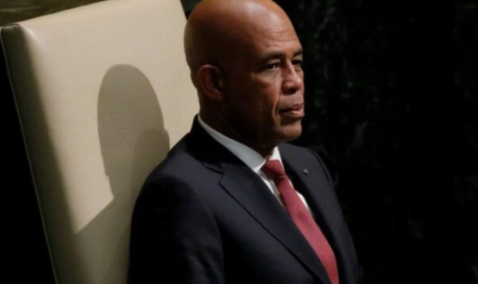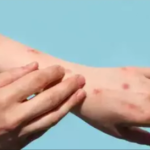On Tuesday, the US Treasury Department imposed sanctions on former Haitian president Michel Martelly for drug trafficking, including cocaine destined for the United States. This move mirrors similar actions taken by the Canadian government in 2022, which sanctioned Martelly and two former prime ministers, accusing them of profiting from armed gangs.
Martelly, a musician-turned-politician who led Haiti from 2011 to 2016, “used his influence to facilitate the trafficking of dangerous drugs, including cocaine, into the United States,” according to a US Treasury statement. He was also implicated in “laundering illicit drug proceeds” through collaborations with local drug traffickers and supporting multiple Haiti-based gangs. The statement added that gang activity and human rights abuses in Haiti have created “a permissive environment for drug trafficking activities.”
Haiti, the poorest country in the Americas, has long struggled with gang violence, which significantly worsened in February when armed groups forced the resignation of then-prime minister Ariel Henry. Currently, criminal groups control around 80 percent of the capital, Port-au-Prince, where residents face threats of murder, rape, and kidnapping for ransom.
In response to the ongoing crisis, hundreds of Kenyan police officers have been deployed to Haiti as part of an international effort to restore stability in the politically, socially, and economically troubled nation.
“Today’s action against Martelly emphasizes the significant and destabilizing role he and other corrupt political elites have played in perpetuating the ongoing crisis in Haiti,” said Bradley Smith, the Treasury’s acting under secretary for terrorism and financial intelligence.
“It is unacceptable for Haitian political and economic elites to plunder Haiti’s future,” US State Department deputy spokesperson Vedant Patel said in a statement.
He emphasized that the action taken on Tuesday underscores the United States’ “steadfast commitment to holding accountable all individuals whose actions fuel gang violence and destabilize Haiti’s political landscape, regardless of their position or status.”



